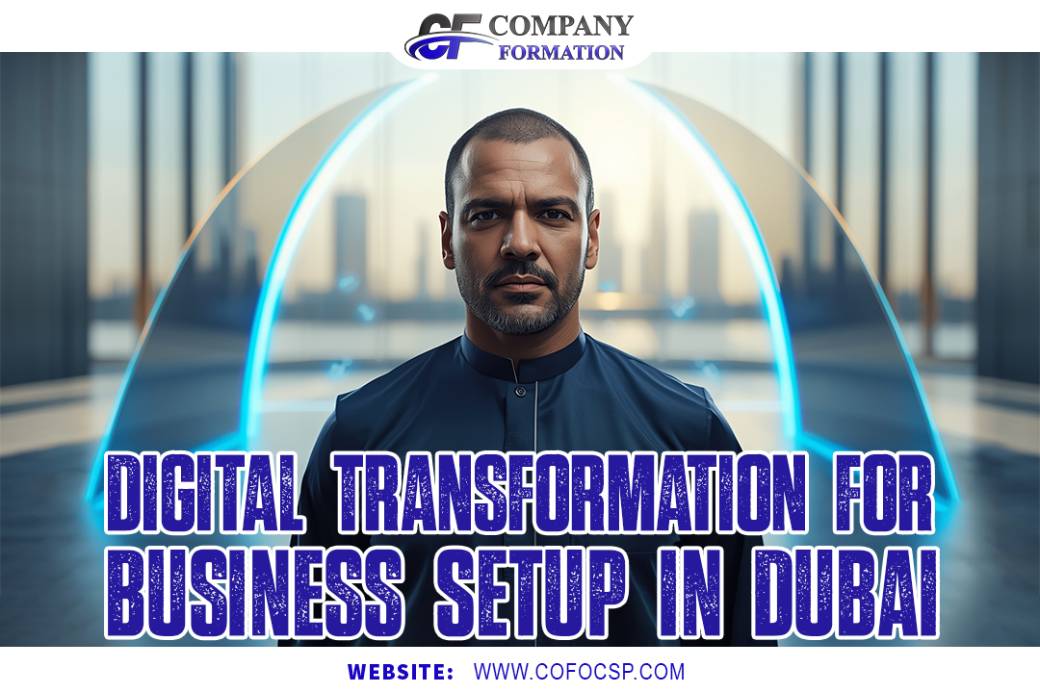How to Get a Management Consultancy Licence in Dubai: Setup Guide for Business Management Consultants in 2026 It is a...
How to Get a Management Consultancy Licence in Dubai: Setup Guide for Business Management Consultants in 2026 It is a...
Complete Guide to Opening a Business Bank Account in RAK: Offshore & Mainland Ras Al Khaimah, or RAK, is a...

How Digital Transformation is Changing Business Setup in Dubai Dubai is famous for its tourism and vacation spots. But it...

India Taxation vs UAE Taxation – How Much You Can Save by Doing Business in the UAE? Though the prospect...

RAKEZ Business Activities List 2025 | Complete Guide to Free Zone & Non-Free Zone Licenses The Ras Al Khaimah Economic...

Abu Dhabi vs Dubai | Which City Fits Your Startup Do you still view the UAE as just a tourism...

How to Start a Pipe Manufacturing Company in Dubai Do you still view Dubai as just a vocational hub or...

How Digital Transformation is Reshaping Business Setup in Dubai Dubai is known for its luxurious lifestyle and tourism spots. But...

How to Start a Home Cleaning Business in Dubai Dubai has proven itself to have the most successful business economy...

Dubai Work Visa for US Citizens | Step-by-Step Guide 2025 According to Aetna International, there are around 40,000 Americans currently...

WhatsApp us